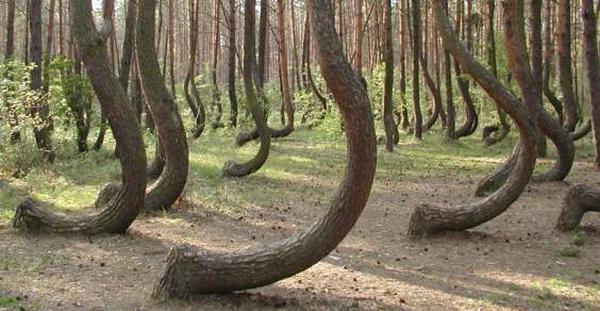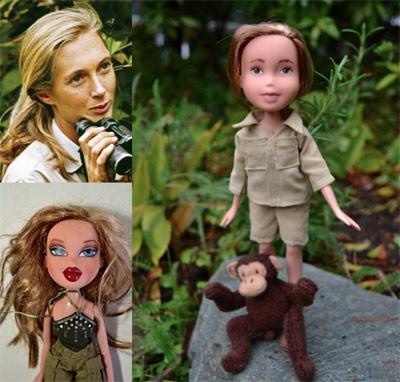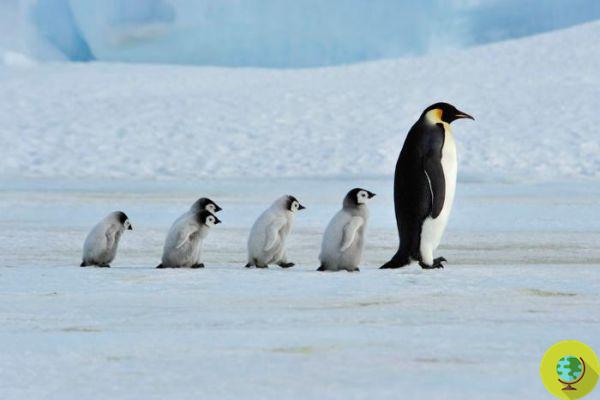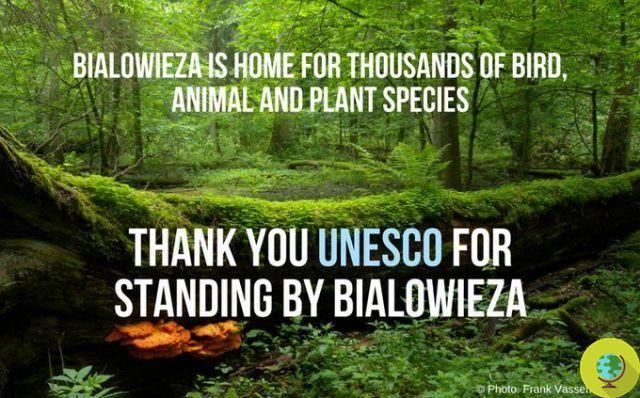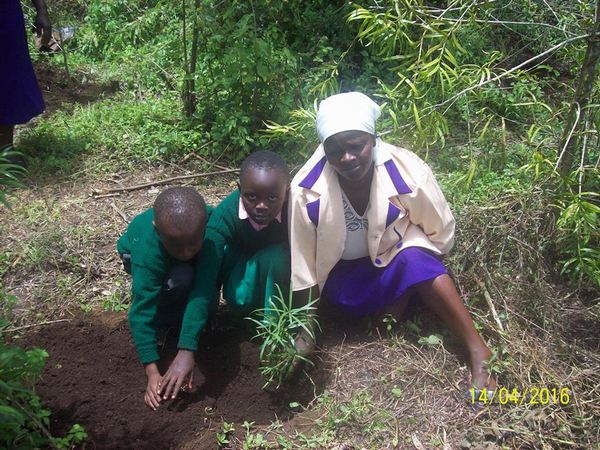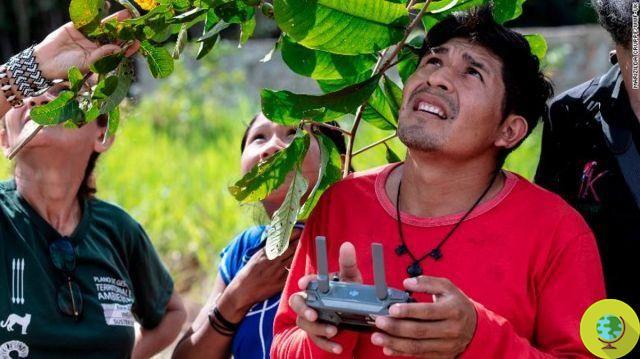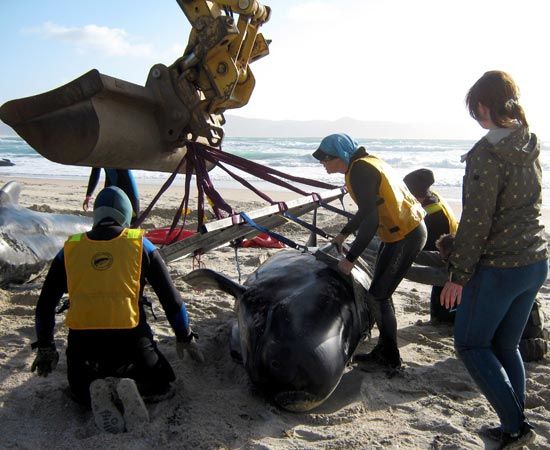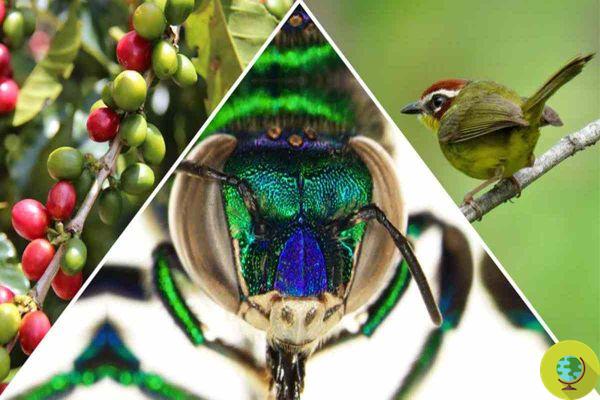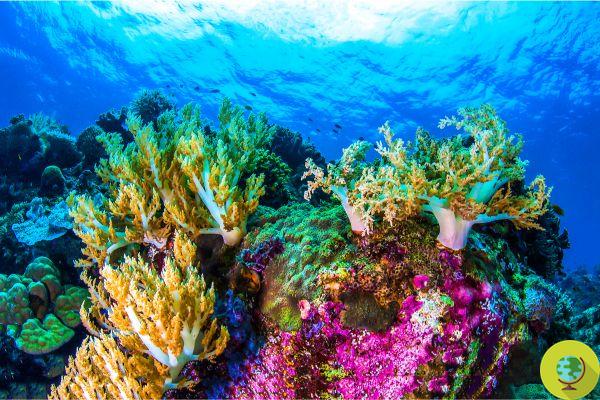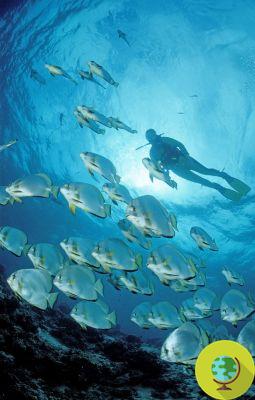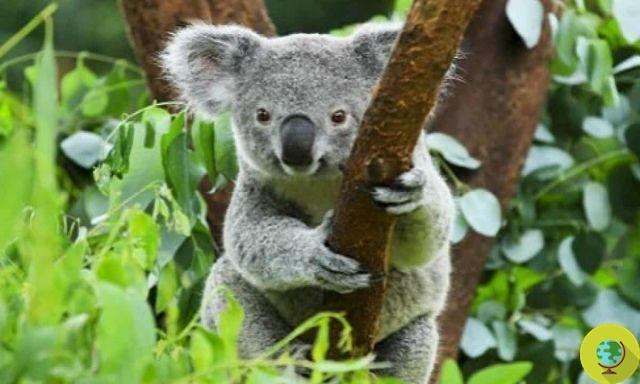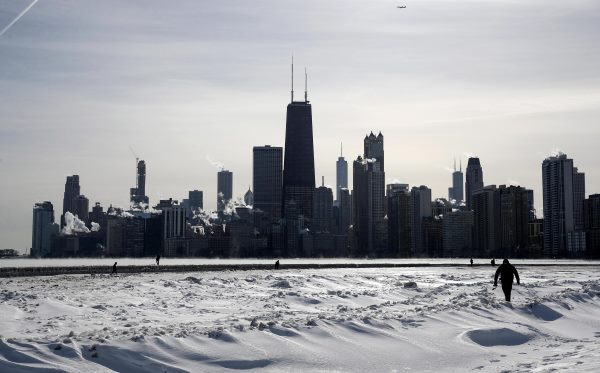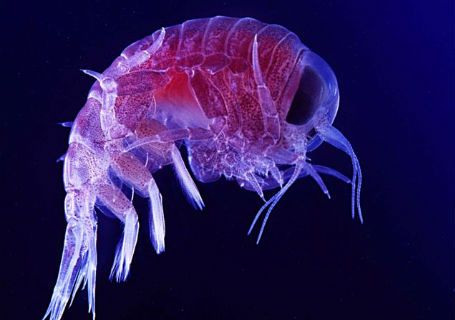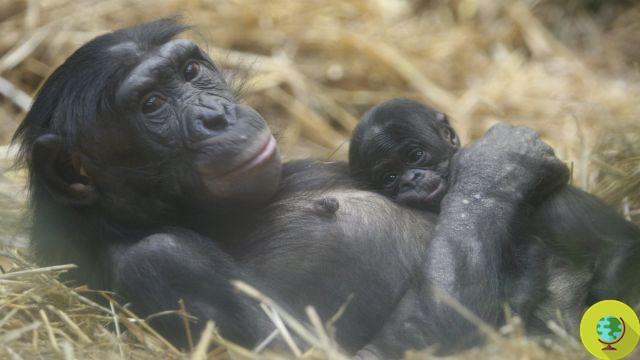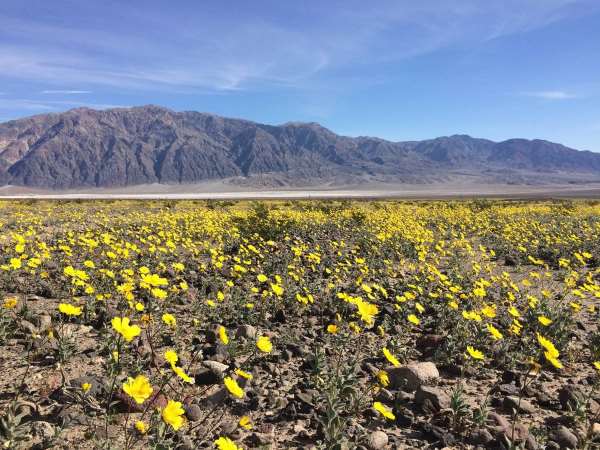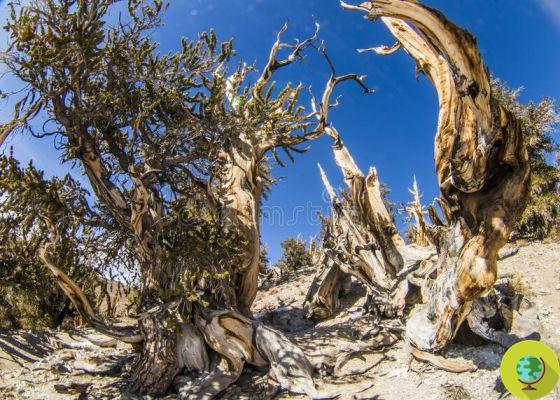The Earth is losing biodiversity to unprecedented levels. Species extinction rates are accelerating at a breakneck pace. This is revealed by the new UN report according to which one million species are in danger of disappearing forever
The Earth is losing biodiversity to unprecedented levels. Species extinction rates are accelerating at a breakneck pace. This is revealed by the new UN report according to which one million species are in danger of disappearing forever.
The report conducted by the Intergovernmental Science-Policy Platform on Biodiversity and Ecosystem Services is the most comprehensive ever. This is the first of its kind. Compiled by 145 authors from 50 countries over the past three years, the document rated i changes over the past 50 years, providing a complete picture of the relationship between economic development paths and their impact on nature. In addition, he also speculated a number of possible scenarios relating to the next decades.
Based on a systematic review of some 15.000 scientific and government sources, the Report drew on indigenous and local knowledge for the first time on this scale.
Index
Numbers that are scary
Numbers in hand, according to research by the Intergovernmental Group for Biodiversity and Ecosystem Services, around one million animal and plant species are now threatened with extinction, risking to disappear within decades. This is the most concrete threat in the history of humanity.
The average abundance of native species in most terrestrial habitats has decreased by at least 20%, especially since 1900. More than 40% of amphibian species, nearly 33% of corals and more than a third of all marine mammals are threatened. The situation is less clear for insects, although according to the available evidence about 10% is threatened.
At least 680 vertebrate species had been driven to extinction by the 16th century, and more than 9% of all breeds of domestic mammals used for food and agriculture went extinct as of 2016.
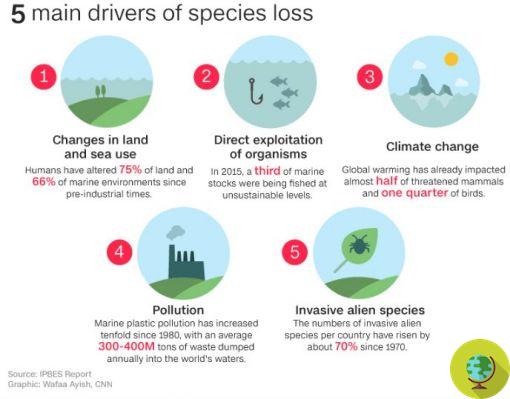
Ipbes via CNN
It's all man's fault
Just as with climate change, according to the study, humanity is primarily responsible for damage to biodiversity, having altered 75% of the earth and 66% of marine ecosystems since pre-industrial times.
The report highlights the disastrous impact of population growth and increased demand. In fact, the world population has more than doubled (from 3,7 to 7,6 billion people) in the last 50 years and the gross domestic product per person is four times higher. More than a third of the world's land and 75% of freshwater resources are used for crop production and livestock.
Since 1970, there has been a 300% increase in global food crop production, with the result that 23% of land areas have reduced agricultural productivity. About 25% of greenhouse gas emissions are caused by land clearing, agricultural production and fertilization.
“Ecosystems, species, wild populations, local varieties and breeds of plants and pets are shrinking, deteriorating or disappearing. The essential and interconnected web of life on Earth is getting smaller and more frayed, ”said Professor Settele. "This loss is a direct result of human activity and poses a direct threat to human well-being in all regions of the world."
Climate changes
Certainly the reference to global warming could not be missing. According to the report, greenhouse gas emissions have doubled since 1980, causing average temperatures to rise by at least 0,7 degrees. This has affected natural ecosystems and the impact will only increase over the coming decades.
The progress made to implement protection policies was of little use. According to the report, global goals to conserve and sustainably use nature and achieve sustainability cannot be met through the current agreements by 2030 but can only be achieved through strong changes in the economic, social, political and technological spheres.
"The overwhelming evidence of the IPBES Global Assessment, from a wide range of different fields of knowledge, presents a disturbing picture," said IPBES President Robert Watson. “The health of the ecosystems we and all other species depend on is deteriorating faster than ever. We are eroding the very foundations of our economies, livelihoods, food security, health and quality of life around the world. The Report also tells us that it is not too late to make a difference, but only if we start now at all levels, from the local to the global. Through 'transformative change', nature can still be conserved, restored and used sustainably - this is also the key to meeting most other global goals. By transformative change we mean a fundamental reorganization at the system level between technological, economic and social factors, including paradigms, objectives and values ".
We still have time to remedy but only if we literally revolutionize our way of life.
READ also:
- Biodiversity alarm: three varieties of fruit have disappeared in a century, but also plants and fish
- If we don't stop the loss of biodiversity, we too will be doomed to extinction
Francesca Mancuso




